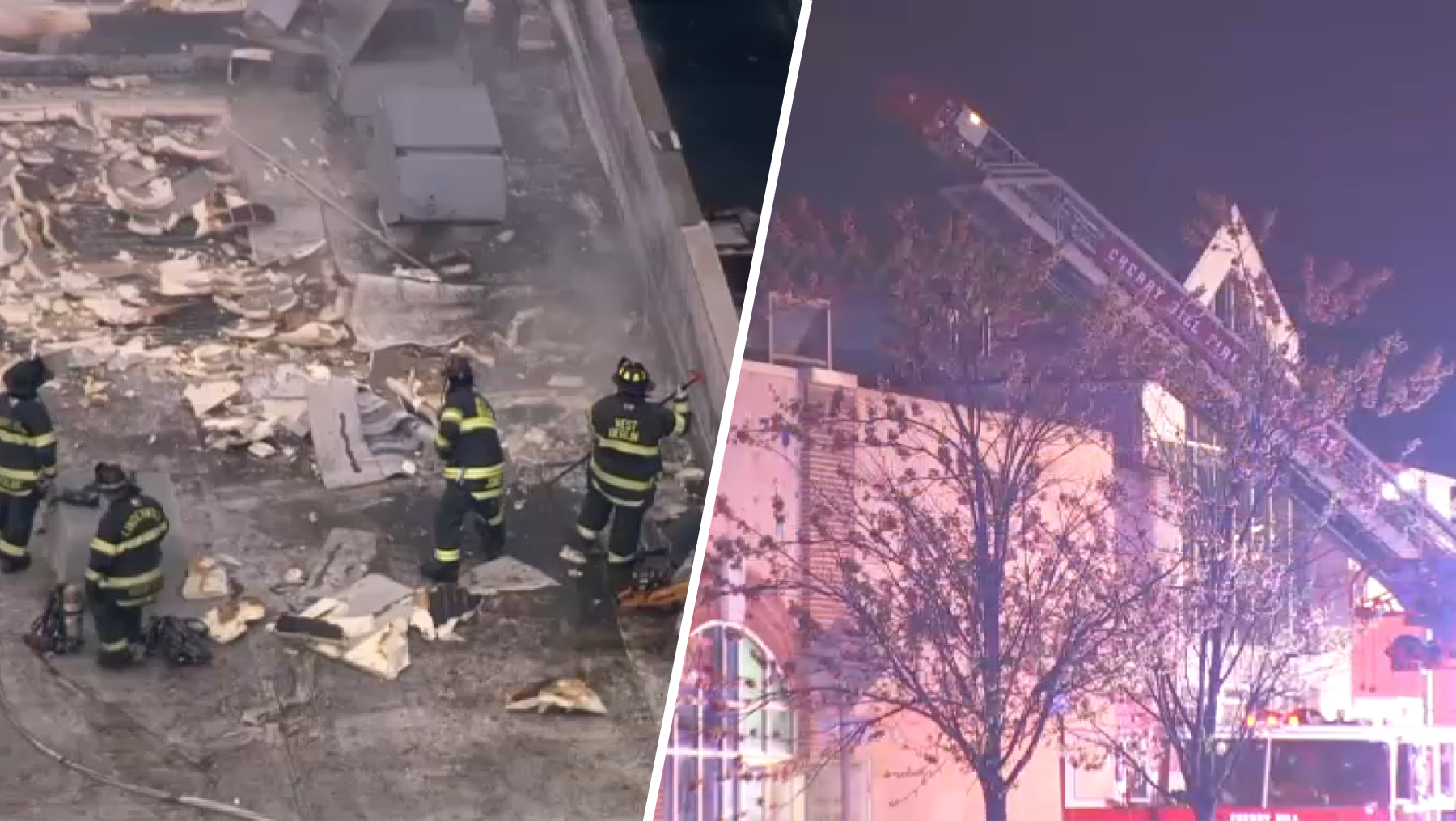Democratic Gov. Tom Wolf and leaders of the Republican-controlled Pennsylvania Legislature say they expect final budget legislation to emerge for votes this week.
A look at what Wolf proposed in his first budget plan in March and whether it ended up in his agreement with Republicans:
THE BIG PICTURE
Wolf's original budget proposal had sought a 9 percent increase in spending, to $31.6 billion, plus a $3.2 billion package to reduce school property tax bills and a new $426 million-a-year rent rebate benefit for renting households earning $50,000 or less. It appears that lawmakers are settling on a spending plan of about $30.75 billion, up about 6 percent, but without any package to reduce school property tax bills or expand rent rebates.
EDUCATION
Wolf originally sought a big bump in education spending: $400 million more for public school operations and instruction, a 7 percent increase, plus $120 million more for early-childhood education programs, $100 million more in special education funding and $160 million more for higher education institutions, including state system universities, state-related universities and community colleges.
Wolf has secured an agreement for nearly all of the money he had sought for public schools — $350 million, a 6 percent increase — and about half the money for early-childhood education, special education and higher education.
Wolf also had sought to pare back $160 million in annual school district payments to cyber charter schools; it is not clear whether it will pass.
STATE TAXES
Nearly every change in tax law that Wolf had sought is being rejected by lawmakers.
Local
Breaking news and the stories that matter to your neighborhood.
Wolf had laid out an ambitious schedule to raise taxes by a net estimate of $4.6 billion in the 2018-19 fiscal year, its first full fiscal year in effect, after counting $4.6 billion in tax cuts or other reductions.
Lawmakers now say the framework for the final budget agreement calls for a cash package of about $600 million-plus from new sources of money, but it is not clear that all of that will be from tax increases or even which taxes would increase.
Lawmakers ruled out higher taxes on the natural gas industry — Wolf says he'll renew his pursuit of that in his next budget proposal, due in February — and they rejected plans to raise state taxes to offset reductions in local school property taxes.
Republicans also opposed Wolf's plan to slash the corporate net income tax in half because of how he wanted to restructure it to close a perceived loophole that allows businesses based in other states to avoid the tax on their Pennsylvania operations.
ECONOMIC DEVELOPMENT
Wolf's economic development plans appear to be dead. Those include more than $1.1 billion for business development loan programs, energy and energy efficiency programs, and water and sewer system projects.
PENSIONS
It is not clear that the agreement involves any changes to pension benefits for public school and state government employees that Wolf proposed, including a $3 billion bond to refinance pension liability and cutting pension investment management fees by $200 million annually.
The deal, as described by Republicans, largely reflects what Senate Republicans wanted: a new 401(k)-style benefit for employees and a smaller traditional pension benefit. Republicans had sought the complete elimination of the traditional pension benefit, but Wolf opposed it.
LIQUOR
Changes to the state-controlled system of wine and liquor are also said to be part of a final agreement, but few details were available. It is not clear whether it will involve any elements of what Wolf had sought — improving the system to squeeze out more profits. Rather, the details available appear to reflect what House Republicans had sought: allowing beer distributors to sell wine and liquor and grocery stores to sell wine. Wolf had opposed the complete shuttering of state wine and liquor stores sought by Republicans.



